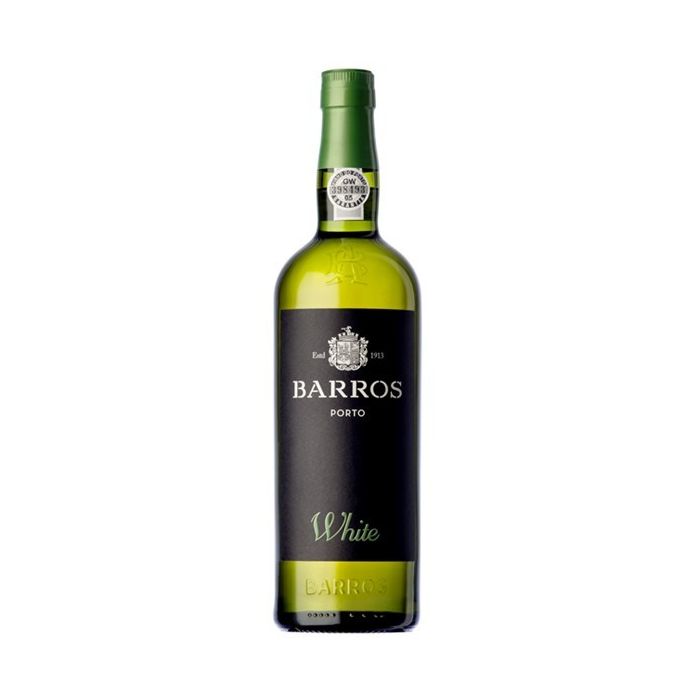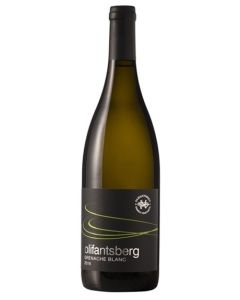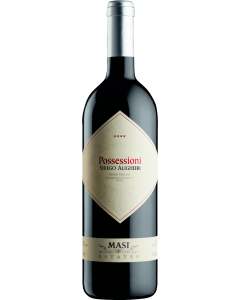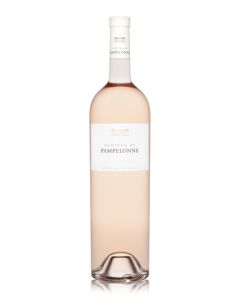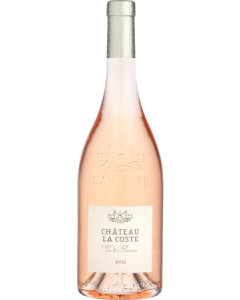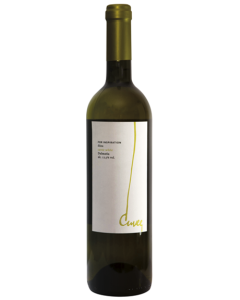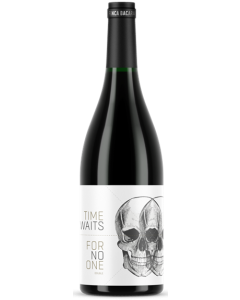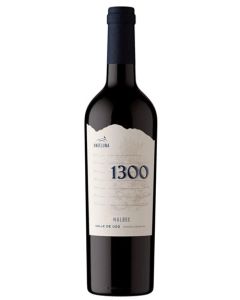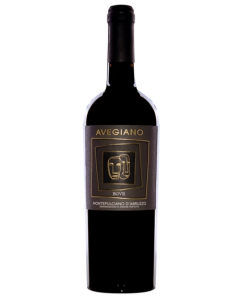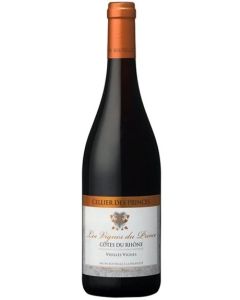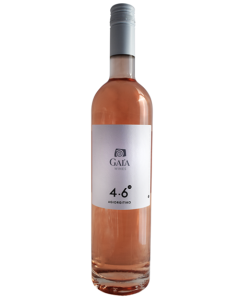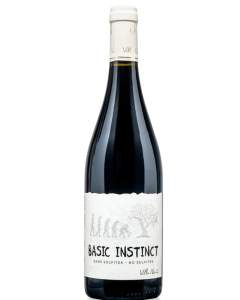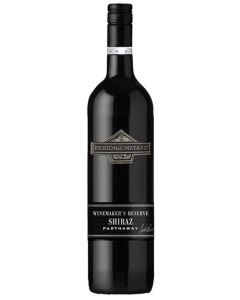We use cookies to make your experience better. To comply with the new e-Privacy directive, we need to ask for your consent to set the cookies. Learn more.
Barros White Port Douro NV
Barros White Port Douro NV - A Captivating Portuguese Delight
Grape Varieties:
Malvasia Fina (25%), Rabigato (25%), Verdelho (25%), Viosinho (25%)
Country: Portugal
Region: Douro
Alcohol By Volume (ABV): 19.5%
Sweetness Level: 6/7 (semi-sweet)
Residual Sugar: 106 g/L
Contains Sulphites: Yes
Vegan/Vegetarian: Yes/Yes
Milk/Eggs: No/No
Organic: No
Biodynamic: No
Case Size: 6 bottles (75cl)
Winemaker: Carlos Alves
Closure: Natural Cork
Tasting Notes:
Barros White Port Douro NV presents a vibrant, citrine colour that immediately captures attention. Its delicate and aromatic nose is dominated by fresh floral notes, inviting you to explore its complex bouquet. On the palate, this white port offers a rich and full-bodied experience with a well-balanced sweetness that perfectly complements its fresh, floral profile. The finish is long, smooth, and harmonious, leaving a lasting impression of elegance and finesse.
This exceptional white port is a true representation of the renowned Douro Valley, crafted with four distinct grape varieties: Malvasia Fina, Rabigato, Verdelho, and Viosinho. The perfect harmony of these grapes results in a wine that is both expressive and refined, making it an ideal choice for those who appreciate fine port wines.
Awards and Recognition:
-
Gold Medal, SWA (2019)
-
Critics' Choice, SWA (2019)
Why Choose Barros White Port Douro NV?
Barros White Port Douro NV stands out for its well-balanced sweetness, delicate floral notes, and rich, aromatic flavor. This versatile wine is perfect for sipping on its own, pairing with desserts, or complementing a variety of savoury dishes. Whether you're a seasoned port enthusiast or a newcomer to the world of fortified wines, Barros White Port is sure to delight.
Suggested Links:
-
Buy Barros White Port Douro NV Online - Best Price in the UK
-
Discover the Rich History of Portuguese Ports - Barros Wines
-
Top Port Wines to Enjoy - Expert Reviews and Recommendations
Customer Reviews:
-
"A beautiful white port that offers incredible balance between sweetness and floral notes. The finish is long and satisfying. Perfect for any special occasion!" – Emma S.
-
"I’ve tried many ports, but this one stands out with its delicate floral bouquet. It’s a smooth and elegant drink that I’ll be buying again." – James L.
-
"An outstanding white port. The sweetness is just right, and it pairs wonderfully with dessert. Highly recommended!" – Sarah M.
| Price | £101.18 |
|---|---|
| Country | Portugal |
| Vintage | NV |
| Bottles Per Case | 6 |
| Bottle Size | 75 |
| Winery | The vines are grown on terraces cut into the steep hillsides of the Douro Valley; they have been planted along the terraces of the greatest slopes, which translates as "vertically planted vines". The vineyard soils are schist greywacke ante-Ordovician, with some granitic formations. This soil is rich in nutrients and has useful water retention properties. Traditionally, the vines in the region are grown low, close to the ground. The single or double Guyot and unilateral and bilateral cordons are the methods most frequently used for training the vines. Trellises are not permitted for Port Wine grapes. The grapes are manually harvested once they have reached the optimum maturity according to the variety. |

